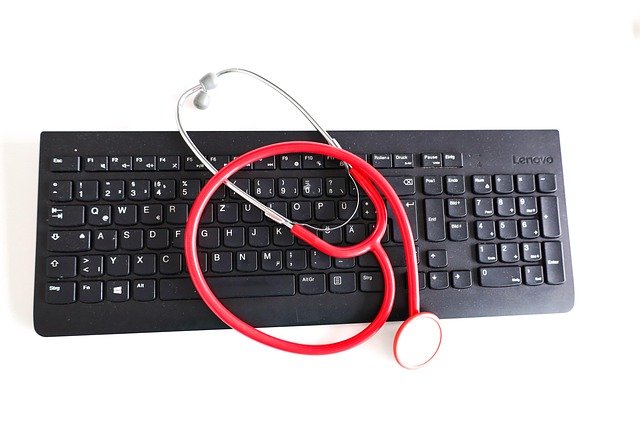Guide to Healthcare Data Entry Careers: Skills and Insights for 2025
As healthcare systems increasingly rely on digital infrastructure, data entry roles are evolving to meet industry demands in new ways. This guide explores how remote healthcare data entry positions are being shaped by telehealth growth and outlines what individuals consider when evaluating responsibilities, software tools, and accuracy standards. Those interested in supporting healthcare operations behind the scenes may find insights into how key skills—like attention to detail and familiarity with electronic records—are applied in daily workflows. Learn how remote flexibility, structured onboarding, and role-specific tasks factor into career paths for 2025 and beyond.

What Are Remote Healthcare Data Entry Jobs?
Remote healthcare data entry positions involve digitally recording, updating, and managing patient information, medical records, and administrative documentation. These roles require professionals to work with Electronic Health Record (EHR) systems, ensuring accurate and secure data management. Typical responsibilities include entering patient demographics, medical histories, treatment notes, and billing information while maintaining strict HIPAA compliance standards.
Essential EHR Data Entry Training Requirements
Successful healthcare data entry professionals must acquire specialized skills through targeted training programs. Key training components include:
-
Proficiency in medical terminology
-
Understanding of HIPAA compliance protocols
-
Advanced keyboard and typing skills
-
Familiarity with EHR software platforms
-
Detail-oriented data management techniques
Certification programs from recognized healthcare informatics organizations can significantly enhance career prospects, providing structured learning pathways and industry-recognized credentials.
HIPAA Compliance Certification: A Critical Career Differentiator
HIPAA compliance certification demonstrates a professional’s commitment to protecting patient privacy and maintaining data security. Certified professionals typically undergo comprehensive training covering:
-
Patient confidentiality regulations
-
Secure data transmission protocols
-
Ethical handling of sensitive medical information
-
Legal implications of data management
-
Cybersecurity best practices
Medical Data Accuracy Tools and Technologies
Modern healthcare data entry professionals leverage advanced technological tools to enhance accuracy and efficiency:
-
Optical Character Recognition (OCR) software
-
Voice-to-text transcription systems
-
AI-powered error detection platforms
-
Cloud-based document management solutions
-
Integrated verification algorithms
| Experience Level | Estimated Annual Salary Range | Typical Certification Requirements |
|---|---|---|
| Entry-Level | $32,000 - $42,000 | Basic EHR certification |
| Mid-Level | $43,000 - $55,000 | HIPAA compliance certification |
| Senior-Level | $56,000 - $70,000 | Advanced informatics credentials |
Prices, rates, or cost estimates mentioned in this article are based on the latest available information but may change over time. Independent research is advised before making financial decisions.
Career Growth and Future Outlook
The demand for skilled healthcare data entry professionals continues to expand, driven by technological advancements and increased digital healthcare adoption. Remote work opportunities are becoming more prevalent, offering professionals flexibility and geographic independence.
Healthcare organizations increasingly recognize the value of skilled data management professionals who can seamlessly integrate technological proficiency with strict compliance standards. Professionals who continuously update their skills and embrace emerging technologies will be best positioned for long-term career success.
Conclusion
Healthcare data entry careers represent a dynamic and evolving professional pathway. By investing in specialized training, maintaining rigorous accuracy standards, and staying current with technological innovations, professionals can build rewarding careers supporting critical healthcare infrastructure.
Disclaimer: This article is for informational purposes only and should not be considered medical advice. Please consult a qualified healthcare professional for personalized guidance and treatment.




